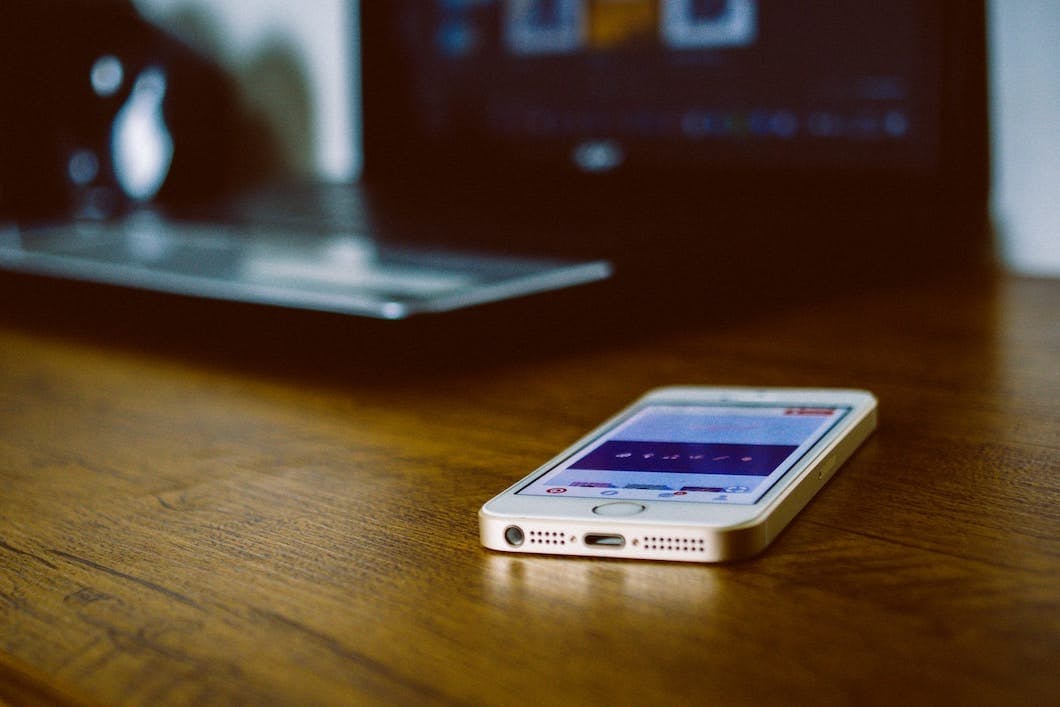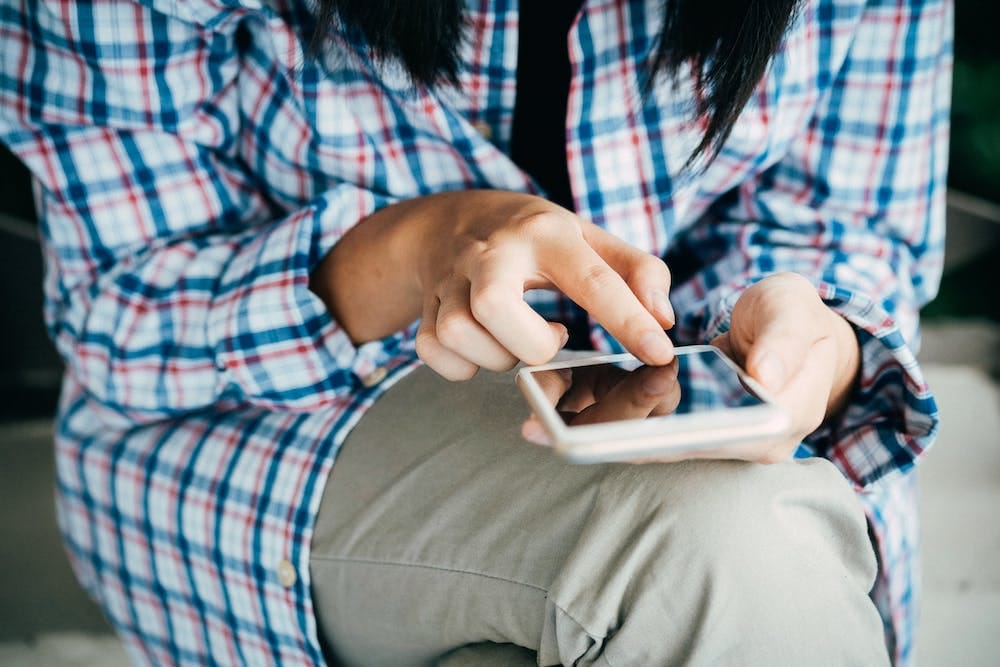
If the build-up of notifications on your phone is another thing adding to your mental load, use these tips to take back control
Have you ever tried to stop pandering to your phone? Switching it to silent mode. Setting timers. Leaving it in the other room, on purpose. It’s a good effort but, let’s face it, who are we kidding? Once you glimpse a flash on that screen, you’re toast.
You tell yourself, it won’t be anything important, just another mildly amusing meme from your cousin on the family WhatsApp group. Or the school parents chat, pinging with questions about the forthcoming bake sale. But, wait. What if the message is urgent? It could be your friend, the one who’s struggling. Has there been an accident? You race to your device… Oh, great. You’ve been added to a new group chat. Another digital conversation with crossed wires and pressure to ‘do stuff’. Hello, anxiety!
Our phones, and apps like WhatsApp, do a lot of good. They have, however, also created an overwhelming workload. Responding to messages can feel like a full-time job. Getting from A to B on daily tasks has become increasingly impossible with this stop-start motion. And if you’re built with the willpower to reply later, forget Netflix. You can look forward to an evening overshadowed by message admin. But why do we torture ourselves? What is WhatsApp’s power?
Psychotherapist Fiona McAlister says that interactions such as WhatsApp messages provide a quick sense of belonging and validation. “In addition to generating dopamine, even brief or superficial conversations release oxytocin, the bonding hormone, fostering a satisfying connection. In our fast-paced world, these momentary connections act as social ‘snacks’, temporarily fulfilling our need for interaction.”
Fiona also warns that those with ‘people-pleasing’ tendencies might feel an urge to frequently check and respond to messages. “This might also affect those who fear isolation and loneliness,” she adds.

So how can we maximise WhatsApp’s advantages, while minimising the stress?
A little honesty
Face your fears. Tell your friends and family you won’t always respond to every “haha” and “OK”. The crying-laughing emoji gets overused, right? Even tapping a thumbs-up pulls you out of your current reality and into the digital headspace. You won’t ignore important questions, but be clear about the boundary you’re creating, which stops before tapping a heart every time they share a fancy recipe or a daft joke.
Mark as unread
Yes, you can do this on WhatsApp. On an iPhone, if you have read the message but can’t reply until later, swipe to the right and a blue circle will appear. If you’re an Android user, hold the chat down and tap the three dots in the top right corner of the screen, then simply mark it as unread. Once you read this message again, the circle will disappear. If you need more time, repeat the swipe to the right and tap as unread once more.
Remember to talk
When we type, we pause whatever we’re doing. And this pause can be long. We type, then delete, then rephrase. Stress levels rise. So why not just call? Information can be communicated much more efficiently when spoken. A real conversation gives you what you need much more instantly than an ‘instant’ message. Plus, you’ll have engaged in some much-needed human connection.
Take a moment
Our phones can be like bullies! Group messaging might unsettle users, because not everybody wants to respond or engage with the chat. Fear of missing out can kick in and result in you sending a message, under pressure. Then, fear of rejection gets you. You realise you were the last person to message and nobody has responded. Now you fear you’re being judged. Was I too harsh? Not funny? It’s a lot. A group chat is not a real conversation. There are no facial expressions to see, or tones of voice to hear. So just breathe. You might resist typing and be relieved later.

It’s better one-on-one
Turning off notifications won’t help much because when you return to the app and see 68 new messages, your anxiety is likely to go into overdrive. So instead of jumping back into group chats, reach out to one person. Talk or text, but let the chat unfold one-on-one so it’s clear and linear. This will soften your mental chatter.
It can be socially awkward to leave the group chat altogether. While it might be easy to exit the holiday group if you can’t actually make it to the trip away, it’s much more complicated to leave your besties or family. A private chat, away from all the noise, might do you good.

